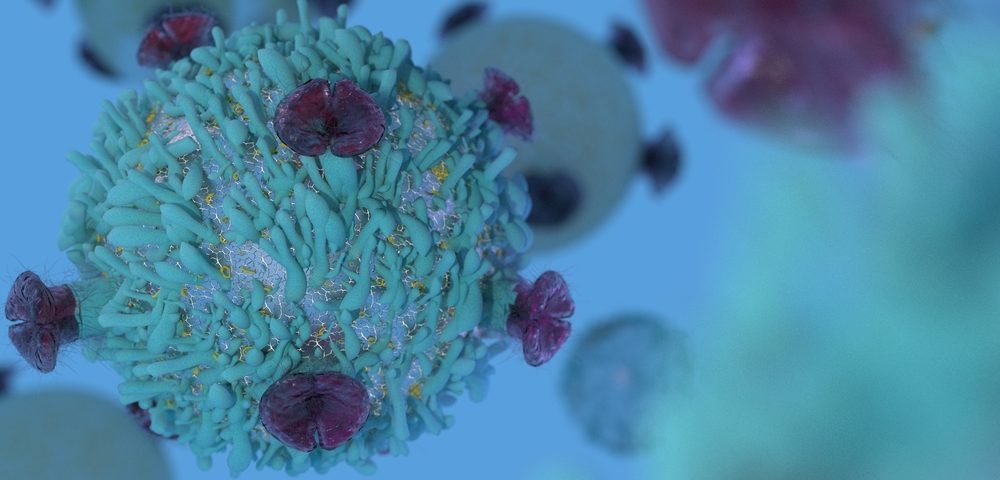Researchers have found a protein called CCDC88B that is present at high levels in the colons of patients with inflammatory bowel disease (IBD). They suggest that this protein plays a crucial role in bringing disease-causing inflammatory cells into the colon (large intestine) during the development of IBD.
The study titled, “CCDC88B is required for pathogenesis of inflammatory bowel disease,” was published in the journal Nature Communications.
IBD is thought to develop due to the entry of the body’s white blood cells into the colon, causing inflammation that results in the damage seen in IBD.
The study set out to find the exact biological mechanism that allows this to happen. The researchers previously had found that CCDC88B plays a role in neuroinflammation (inflammation of nervous tissue) in mice.
“Indeed, we have previously demonstrated a role for CCDC88B in the function of both T cells and myeloid cells in other mouse models of inflammation (neuroinflammation),” the authors wrote.
In the present study, they induced IBD in mice by treating them with the chemical dextran sodium sulfate (DSS). Normally, this treatment causes IBD in laboratory mice. Eliminating CCDC88B in the mice prevented much of the inflammation in their colons compared to normal mice, in spite of the DSS treatment. Fewer inflammatory cells accumulated in the colons of the mice lacking functional CCDC88B and they did not develop IBD.
Then, researchers looked at patients with IBD and measured the levels of CCDC88B in their colons, which had been surgically removed for medical reasons. They examined the colons of 46 patients with ulcerative colitis and 11 patients with Crohn’s disease. Samples from areas of inflammation were compared with normal colon tissue from the same patients. There were consistently higher levels of activity of the gene that produces CCDC88B in the inflamed areas of the colons that were studied.
“Studies of the mouse model of colitis have clearly shown that reduced inflammation in situ decreases pathogenesis. … Leukocytes trafficking and recruitment into the inflamed intestine is fundamental to the development of IBD,” the authors stated.
“These findings suggest that CCDC88B has a critical function in colon inflammation and the pathogenesis of IBD. It is tempting to speculate that CCDC88B may regulate migratory properties of myeloid and lymphoid cells during intestinal inflammation,” they concluded.

